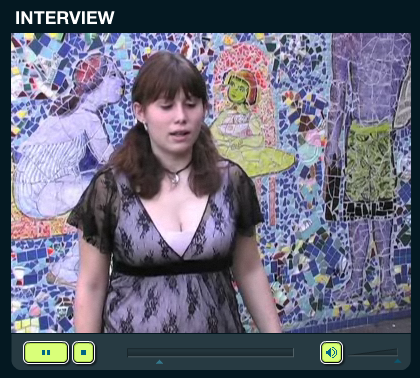I have been busy with a number of things these days. Here are a few thoughts on the what is happening.
re: TLT08
I just came back from the TLT 2008 conference in Saskatoon. It was an excellent conference, and much better than last year. Highlights for me include the amazing keynotes by Rick Schwier and George Siemens, and excellent presentations by Brian Lamb and Dean Shareski. Unfortunately, I missed the keynote by Stephen Downes, although I heard it was amazing. Luckily, I was able to catch breakfast with Stephen and Dean the first day of the conference.
I was a part of three presentations at TLT. First, I presented with Kyle, Vi, Tiffany, and Ashley regarding our Digital Internship Project. Second, I co-presented with the Edtech Posse (Rick, Dean, Heather, Rob) on “The Posse Round Up 2.0“. Finally, I presented again with Rob regarding the Graduate course we recently co-taught, EC&I 831. I am currently researching the process and outcomes of this course, and Rob and I presented some of our initial observations. It was great to have met, former students of the course, Cindy, Dan, and Shaun at the conference as well.
I was also very lucky to have finally met some terrific people for the first time face-to-face. Jen, Cindy, Brian, D’Arcy, Kirk and Kelly … you are all amazing people. It was great to finally meet you all in person, and I really hope I get the chance again!
I would also like to congratulate those that won awards related to course design at the conference. We have so many terrific instructional designers, multimedia developers, and instructors in Saskatchewan, and it is great to see many of you recognized for your hard work. Also, congratulations to the organizing committee for putting together a truly excellent conference.
On a less congratulatory note, to the people that continuously asked the question “what about the cyberpredators?” at almost every presentation, take some to read this or this or contact me, and I can help you get over this fear.
I would also love to have a conversation with the gentleman who voiced concerns (and then walked out) regarding teachers using decentralized funding to buy non-standardized equipment (as mentioned in Dean’s session) and the implications for sustaining technical support. I believe your point was that the purchasing should follow the institutional/division priorities. Here are my thoughts on this.
Start with division priorities that are focused on student learning and supporting innovation throughout the system. Let us forget the term “technical support” and focus on “innovation support”. Let us make the first term a misnomer. If a school division cannot (for instance) get Macs to play nice with a Windows network, your technicians are not doing their job, or they need to go back to training. Technology implementation decisions that are based on technicians’ lack of knowledge or vendor biases are not likely sound decisions. Divisions are learning organizations, and continual learning should be the expectation for all members. And if economics is the stated excuse, why not partner with other school divisions to increase cost-savings? Locking in to single vendor agreements to save tiny margins on the bottom line is ripping off your students, and IMHO, is inexcusable whether it is with Apple, IBM or CocaCola.
There is where I usually rant about open source software and free tools … but I will leave that argument for today.
re: ECMP 355
I am very happy to be teaching a May/June course to undergraduate students related to the appropriate integration of technology in the classroom. My students have begun blogging, and are starting to get the feel for it. Feedback and comments on their posts would be greatly appreciated, and you can subscribe to the ECMP 355 megafeed here.
For course interactions, we are using Moodle again. And, I do not believe it has been officially announced by the University of Regina is making a full move to Moodle from WebCT by Fall of 2009. I am happy to be currently testing the latest U of R release. If anyone would like to see the course, let me know and I will get you the guest password.
re: St. Louis
I am very excited to have been asked by Elizabeth Helfant to present at MICDS in St. Louis near the end of May. I will be speaking to English and History teachers (my original areas of study) regarding personal learning networks and technology integration. I can’t wait!
re: ICICTE in Corfu
I also have had my paper accepted for ICICTE in Corfu in July. I try to get back to Greece every couple of years to revisit my roots. This conference has been an excellent in the past and the venue is always on a Greek island. I highly recommend the country, the people, and the conference.
re: Life
Life is busy these days. I am currently in North Battleford, and teaching in La Ronge tomorrow (yes, on the long weekend) with our Community Based Masters of Education program. I am happy to have my family along with me for the rest of the trip and I am hoping to take some nice photos (and a few deep breaths) along the way. Northern Saskatchewan has much beauty to see. Here’s a shot I took near Battleford today.
Yes, I am extremely busy with teaching, research, presentations, and family. However, life is good and as I reflected in my last post, I am a lucky, lucky man.





